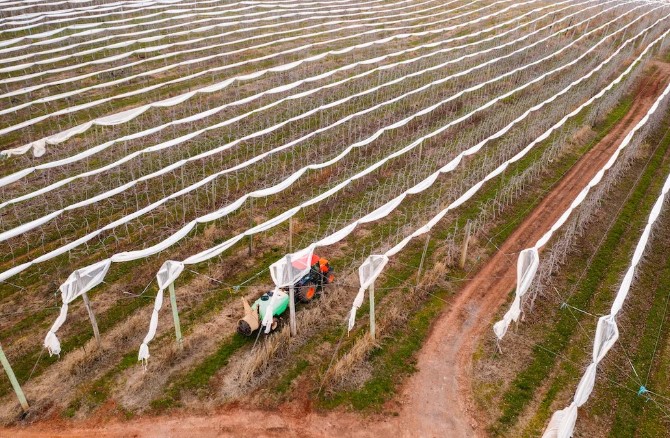When it comes to big issues that can hurt a farmer�s livelihood, 2019 and 2020…
Workers compensation insurance rate rise

The NSW Government has moved to limit the average workers compensation insurance premium increase to 8 per cent, instead of the 22 per cent rise first mooted last week.

While this move was welcome, NSW Farmers workplace relations spokesman Chris Stillard said, it would still hurt family businesses across the state.
�It remains to be seen how the average premium increase will be applied to each industry, but our initial calculations show that a mixed farming business with total wage bill of $350,000 will have to fork out around $6000 more in premiums over the next three years,� Chris said.
�Of course this is much better than it would have been if rates had gone up by 22 per cent, but it�s coming at a time when electricity, fuel, interest rates and other inputs are also rising.
�It�s getting more and more expensive to grow food and fibre every day, and this will push some businesses to their limit.”
The NSW Farmers Workplace Relations team ran a number of scenarios to determine the increased cost for small agricultural businesses and found an apple grower might end up paying an additional $5879 in three years� time, while a shearing contractor could pay an additional $15,742 in premiums.
�There are different rates for different industries and businesses, but these scenarios show that these insurance premium rises will have a real impact on businesses,� Chris said.
�This isn�t just farmers who will pay more � it�s everyone in the supply chain, from the grower to the transport operators, warehouses and distribution centres, to retailers and restauranteurs.
�It will put further pressure on employers who are trying to meet these costs, and I would expect the full impact of these changes will ripple right throughout the workforce and supply chain.�









Some personal experience, having access to workers compensation benefits has made a significant difference during times of injury or illness. It has relieved financial burdens and allowed them to focus on recovery without worrying about the financial consequences.